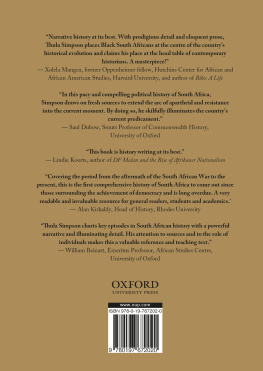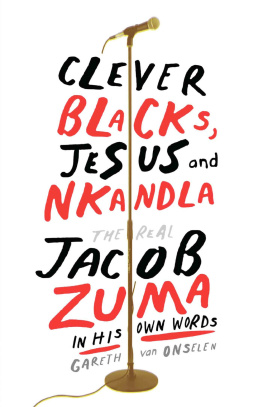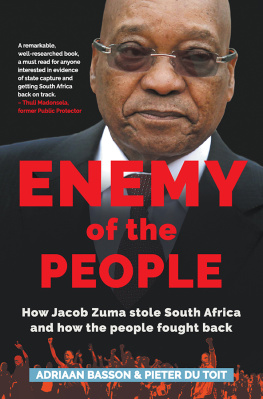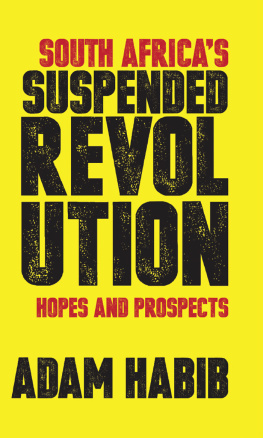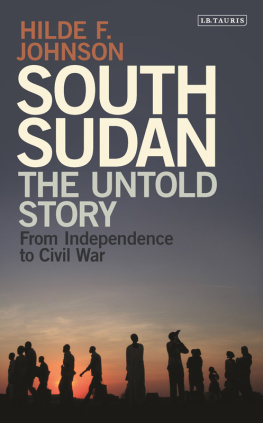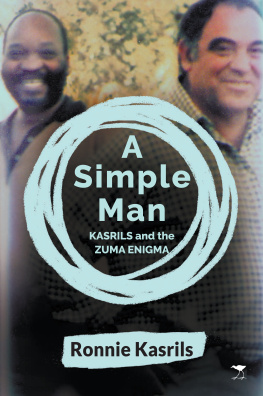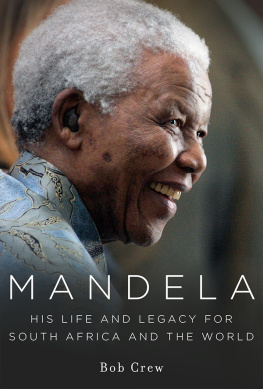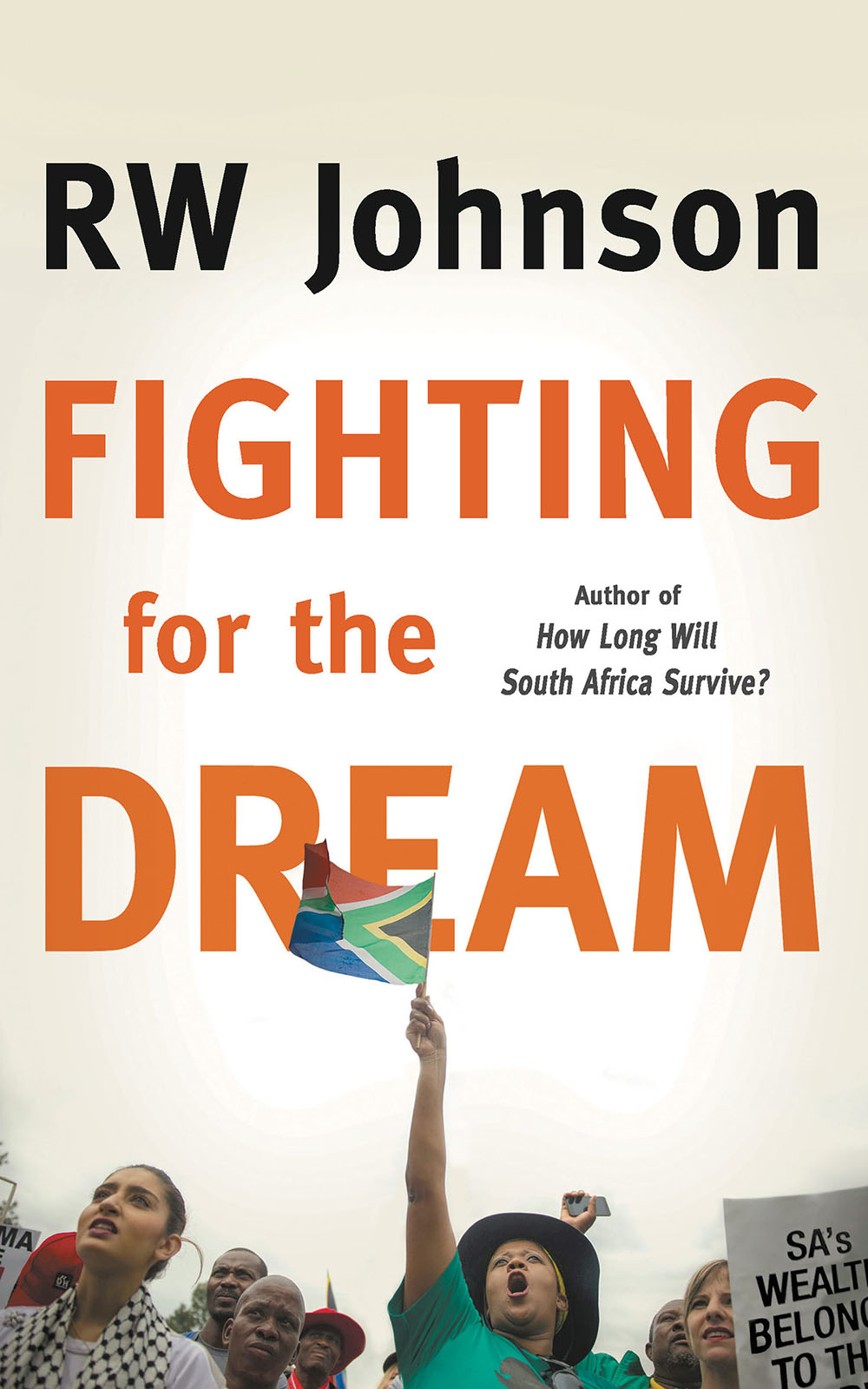Chapter Thirteen
On the other hand
To break out of the gridlock that now exists, the ANC needs a leadership with a grim determination to force through structural reforms. In the previous two chapters I have attempted to sketch how Cyril Ramaphosa could embrace his century and opt for that decisive change. But, of course, that might not happen. To date he has appeared as a politician trapped within the usual nationalist and leftist platitudes. A strong argument could be made that there is no prospect of an ANC leadership emerging that is willing to take such bold initiatives. Indeed, it is easy to conclude that Ramaphosa has neither the ability nor the character necessary to drive such a programme. And, as we have seen, the DA has also entered a period of weak and incompetent leadership, so nowhere in the political system does democratic leadership now exist capable of facing up to the countrys daunting challenges. So what then?
Time for the IMF
Logically, this again pushes the initiative towards external actors (including international market forces, as well as international institutions like the IMF). Indeed, the time to request a bail-out from the IMF has already arrived, but the ANC has a huge reluctance to face this reality for ideological reasons (it means the end of the NDR) and the simpler fact that to go cap in hand to Washington is to admit very publicly that ANC rule has been a failure. On top of this, the party is well aware that such an initiative could well break its fragile unity into two or more pieces.
Accordingly and very damagingly the party is likely to opt to drag along the bottom for some while yet, allowing the situation to get worse, with unemployment risinng and with greater and greater social unrest. Probably, as I argued back in 2015, the government will seek help from Brics (Brazil, Russia, India, China, South Africa) indeed, Ramaphosa has already referred to such a possibility but, to repeat, that will not provide a solution.) In any case, there is no point in loans on their own; the key lies in the structural reforms that must accompany the loan.
So, rather than face up to that, one can imagine Ramaphosa temporising, coming up with more non-solutions, such as the jobs summit. He should be warned that such PR exercises quickly produce complete cynicism, as they fail to change the situation.
This stubborn unwillingness to change echoes the way in which the governments Afrikaner Nationalist predecessors behaved when faced with the crisis of apartheid. Even as late as 1985, PW Botha decided to frustrate all the international pressures for reform. Yet the result of that was that those pressures then helped to snuff out economic growth, which in turn triggered rising social discontent. So there was no escape. The Botha regime dragged along the bottom for a few more years, but this merely delayed the collapse. And that is what Ramaphosa should note: refusing necessary changes simply ends in complete collapse.
It is important to realise that no foreign country, then or now, would seek to intervene simply in order to put a stop to such self-destructive stubbornness, any more than they did when Verwoerd began the nonsense of Bantustans, or when Zimbabwe and Venezuela pursued similarly destructive paths. In effect, the developed world simply waits for such situations to collapse under their own weight. This is what happened with apartheid in the end.
Dragging along the bottom
If the ANC pursues this course the result will be growing chaos throughout the country. Already by 2018 this was quite clear, with levels of community protest not seen since the 1980s and a culture of impunity so that looters at every level went unpunished, thus threatening the integrity of the entire legal order. In such a situation the national government becomes steadily weaker. Already it lacks a serious army or police force with which to impose its will, and neither in the cabinet nor in the civil service is there a sufficient determination or competence to deal with its problems.
As we have seen, the Ramaphosa government has, from the word go, been pushed around mercilessly by Eskom workers, traditional chiefs, the EFF, the public-sector unions, the Zulu king and the various ANC factions. Its attempted solution to the problem of rising unemployment has been the jobs summit, a perfect illustration of the inadequacy of Ramaphosas corporatist approach in dealing with the countrys economic crisis.
For, as we have seen, the summits main achievement was the government guarantee of no public-sector job losses. That is to say, the major thing done for the unemployed was a guarantee of job security to the already employed. On top of this civil servants, who are already in the top ten per cent of the population by income, have just been given an inflation-plus wage settlement. Taken together, what a wage increase plus a promise of job security means in effect is to privilege the high levels of consumption of this bureaucratic elite. To regard that as somehow a contribution to helping the jobless merely shows how completely this governments perspectives are those of this privileged elite. Asked to help others, their first instinct is to help themselves


